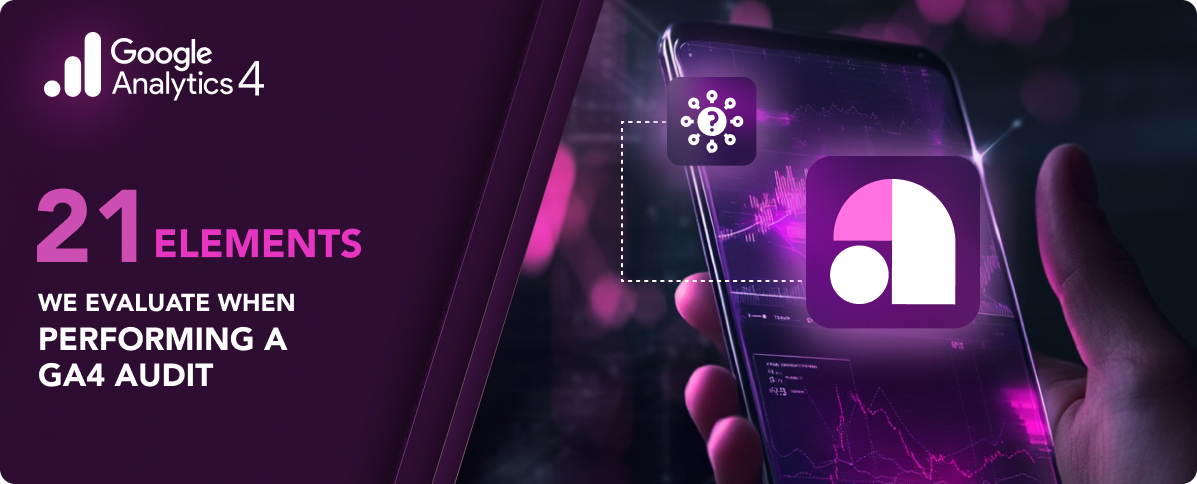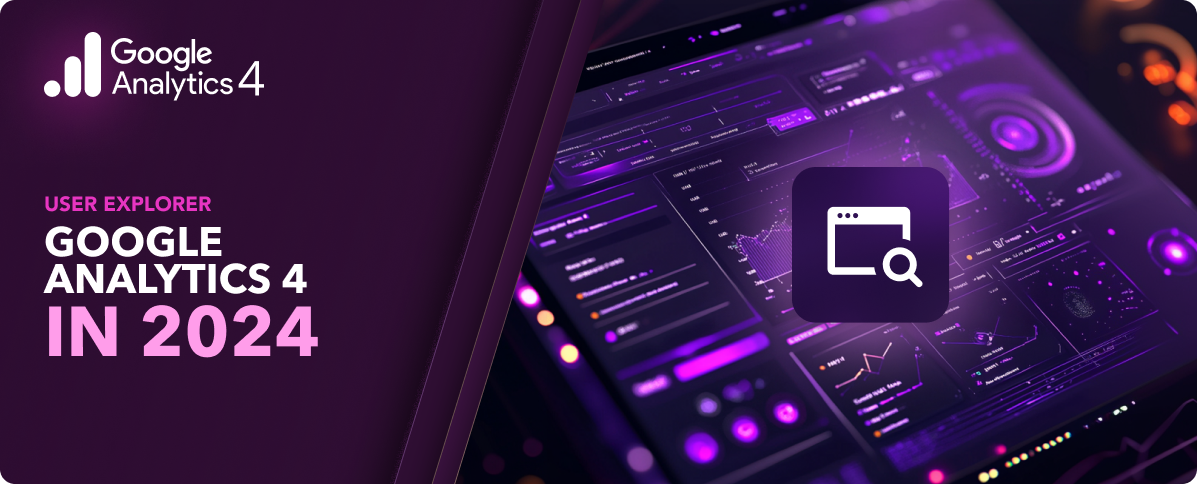Table of Contents
1. When should I choose hybrid apps?
Choosing hybrid app development is ideal in specific scenarios:
- Cross-Platform Development Needs: If you need to launch your app on multiple platforms (like iOS and Android) quickly and with a limited budget, hybrid development allows you to write a single codebase that works across multiple platforms, saving time and resources.
- Limited Budget and Resources: For startups or businesses with constrained budgets, hybrid apps can be cost-effective. They require less specialized skill sets compared to native development for each platform.
- Moderate Performance Requirements: If your app does not require high-end graphics or intensive use of device features, hybrid apps can provide a satisfactory user experience.
- Faster Development and Deployment: Hybrid apps can be developed, tested, and launched more quickly than native apps, which is beneficial if time-to-market is a critical factor.
- Web-based Services Integration: If your app primarily delivers content from a website or needs to be closely integrated with web-based services, hybrid development can be more straightforward, leveraging existing web technologies.
- Less Complex Applications: For apps that are less complex in terms of functionality – like content-driven apps without heavy use of native features – hybrid development can be quite efficient.
- Update Frequency: If you anticipate frequent updates to your app, especially content updates, a hybrid app can be advantageous as updates can be pushed directly through the web portion of the app without needing to go through the app store approval process each time.
Evaluating these factors in the context of your app’s specific requirements is important. If high performance, advanced UI/UX, and deep integration with device capabilities are critical, then native development might be a better choice. Hybrid apps offer a balanced solution for simpler applications and quicker, cost-effective deployment across multiple platforms.
2. When should you choose a hybrid web app over a native app?
Hybrid apps, which combine elements of both native and web applications, offer a range of advantages and disadvantages:
Advantages
- Cross-Platform Development: Hybrid apps are developed using a single codebase that can be deployed across multiple platforms (iOS, Android). This reduces development time and effort.
- Cost-Effective: Generally, they are more cost-effective to develop than native apps, especially if you are targeting multiple platforms.
- Easier Updates: Updating hybrid apps can be simpler since changes made to the web portion can be reflected across all platforms without submitting a new version to each app store.
- Faster Development Time: The shared codebase speeds up the development process, allowing quicker launches.
- Access to Device Capabilities: Through plugins and APIs, hybrid apps can access device features like the camera, accelerometer, and push notifications, though not as extensively as native apps.
- Web Technologies: They are built with common web technologies (HTML, CSS, JavaScript), which many developers are already familiar with.
Disadvantages
- Performance: Hybrid apps typically perform slower than native apps, especially for graphically intensive applications or those requiring high-speed, real-time data processing.
- User Experience: They may not provide a user experience that is smooth or native-like, and matching the look and feel of different platforms can be challenging.
- Limited Functionality: Access to device features and functionalities can be limited compared to native apps. Complex tasks requiring deep integration with the device’s hardware might be less efficient.
- Dependency on Frameworks and Tools: Hybrid apps rely on third-party frameworks like Cordova or Ionic. Any limitations or issues with these frameworks can impact the app.
- Offline Capabilities: While they can work offline, their capabilities in this area are typically less robust than native apps.
- Complex Debugging: Debugging hybrid apps can be more challenging as it involves both native and web components.
Hybrid apps are a good choice for simpler applications, for those with content-focused needs, or when cost and time efficiency are priorities. However, for high-performance, feature-rich applications or those requiring intensive use of device capabilities, native app development might be more suitable.
3. What is the core advantage of a hybrid app?
The core advantage of a hybrid app is its ability to allow cross-platform development using a single codebase. This means you can develop the app once and deploy it on multiple platforms, such as iOS and Android, without writing platform-specific code for each one.
Here are some key benefits stemming from this core advantage:
- Cost-Effectiveness: Developing a single application that works across multiple platforms is generally more cost-effective than building separate native apps for each platform.
- Faster Development Time: Since you’re essentially developing one app instead of multiple, the time from concept to launch can be significantly shorter.
- Easier Updates and Maintenance: With a single codebase, updates and maintenance can be implemented more efficiently. Changes need to be made just once and can be pushed to all platforms simultaneously.
- Wider Market Reach: Hybrid apps can be deployed across multiple platforms, allowing you to reach a broader audience without additional development resources.
- Good Balance Between Performance and Flexibility: While hybrid apps may not match the performance of native apps, they offer a good balance between functional performance and development flexibility for many types of applications.
- Utilization of Web Technologies: Hybrid apps leverage web technologies (HTML, CSS, JavaScript), which many developers are already familiar with, reducing the learning curve and resource requirements.
4. What are the advantages of native apps over hybrid apps?
Native apps, designed specifically for a particular platform like iOS or Android, have several advantages over hybrid apps:
- Optimal Performance: Native apps are faster and more responsive. They are directly compiled into machine code, which is the best recipe for high-speed execution, crucial for intensive tasks and smooth animations.
- Better User Experience: They adhere closely to the guidelines of each operating system, offering a more intuitive and integrated user experience. This includes familiarity with UI elements, gestures, and overall flow.
- Full Access to Device Features: Native apps can fully leverage the device’s hardware and software, such as the GPS, camera, microphone, accelerometer, and swipe gestures. This results in better performance and capabilities that are not always fully available in hybrid apps.
- More Secure: They generally offer higher security due to the direct use of native tools and hardware-oriented security features.
- Offline Performance: Native apps are more effective in handling offline scenarios and can store significant amounts of data more securely.
- Fewer Bugs During Development: Direct interaction with native APIs reduces the complexity and potential bugs that might arise from relying on a bridge or a layer (as in hybrid apps).
- Advanced UI Interactions and Animations: With access to specific development tools of each platform, native apps can utilize advanced UI interactions and animations, enhancing the user experience.
- Market Perception: Native apps tend to have a perception of being more ‘professional’ and ‘serious’ in the market.
- Scalability and Longevity: They are generally more scalable and have a longer life span as they align closely with the ecosystem of the chosen platform.
5. Can hybrid apps work offline?
Yes, hybrid apps can work offline. This capability is one of the significant advantages of hybrid apps. They achieve offline functionality by storing data locally on the device.
Here’s how it works:
- Local Data Storage: Hybrid apps can store data directly on the device. This can include user preferences, application settings, and even cached data from previous online activities. Tools like local databases or storage solutions are used for this purpose.
- Caching Mechanisms: Hybrid apps often use caching to store certain elements like web pages, images, or other resources. When there’s no internet connection, these cached resources can be accessed, allowing the app to function.
- Service Workers: In some hybrid app frameworks, service workers are used to manage offline requests and data syncing. They act as a network proxy, allowing the app to load and perform tasks offline by serving data from the cache.
- Synchronization Features: For functionality that requires internet access, such as sending messages or updating data, hybrid apps typically collect and store actions performed offline. Once the device reconnects to the internet, these actions can be synchronized with the server.
It’s important to note that while hybrid apps can function offline, the extent of their offline capabilities depends on how they are developed and the nature of the features they include. For apps that rely heavily on real-time data from the internet, the offline functionality might be limited to basic tasks. However, more extensive offline functionality is possible for apps where data can be pre-loaded or cached.

















































